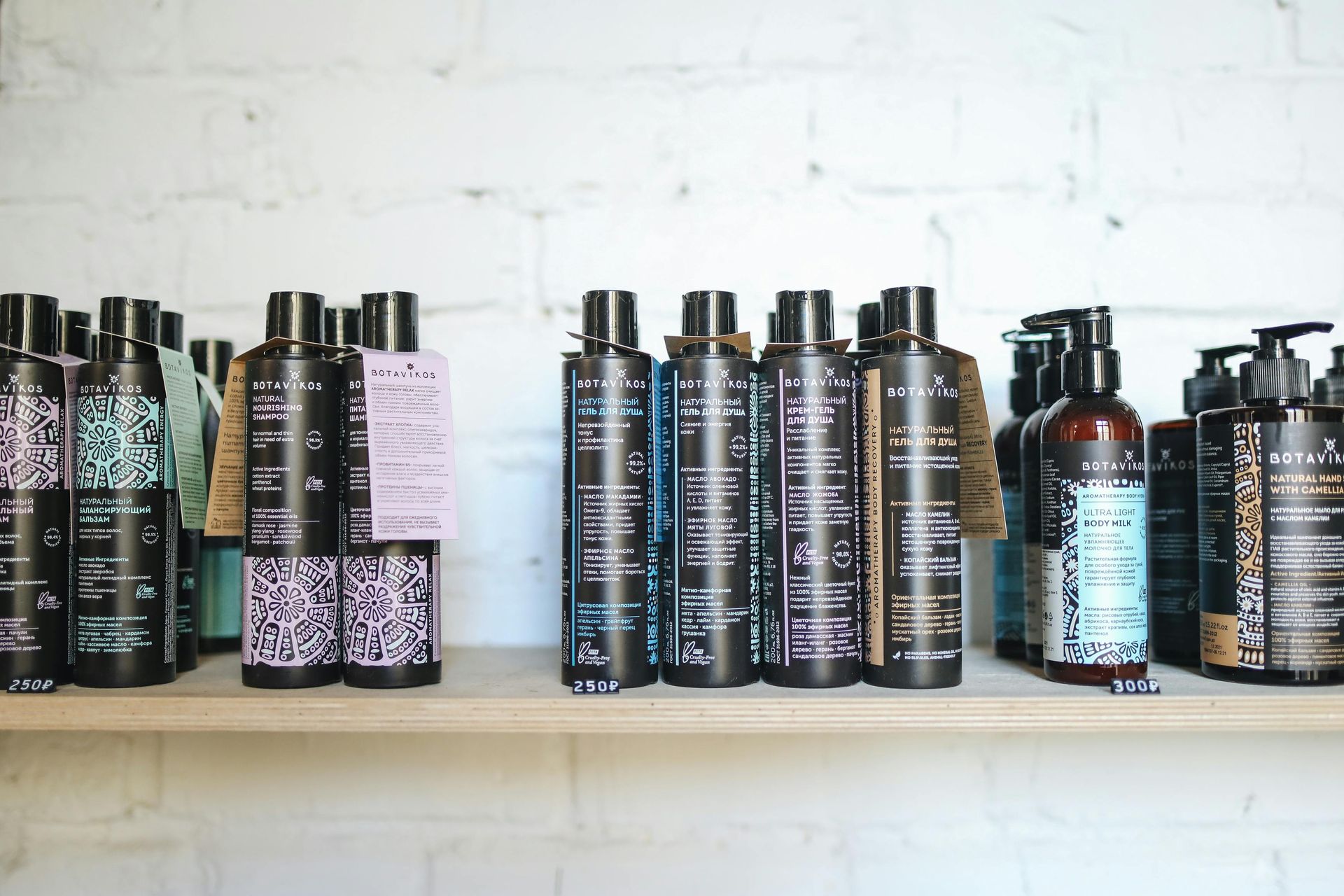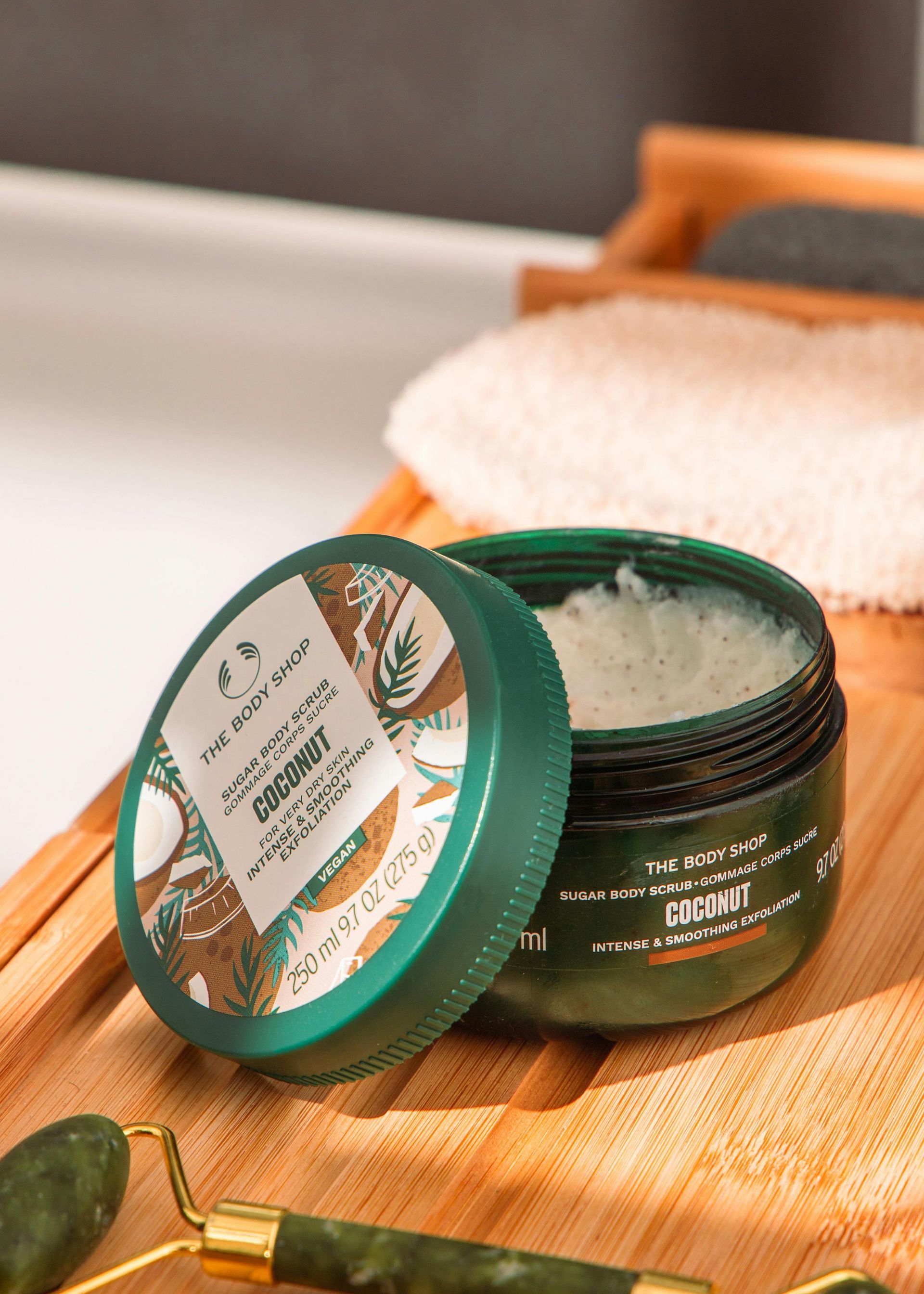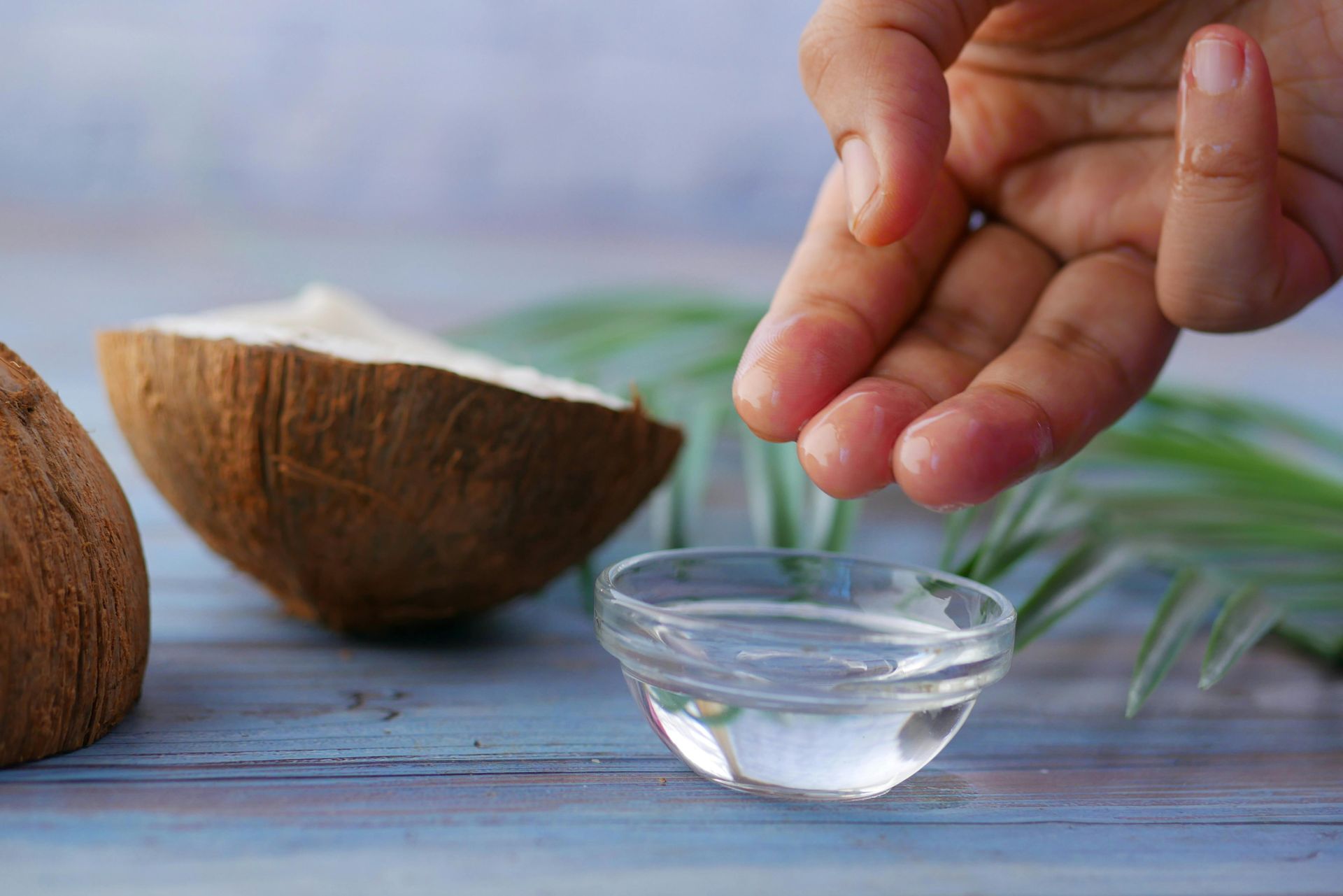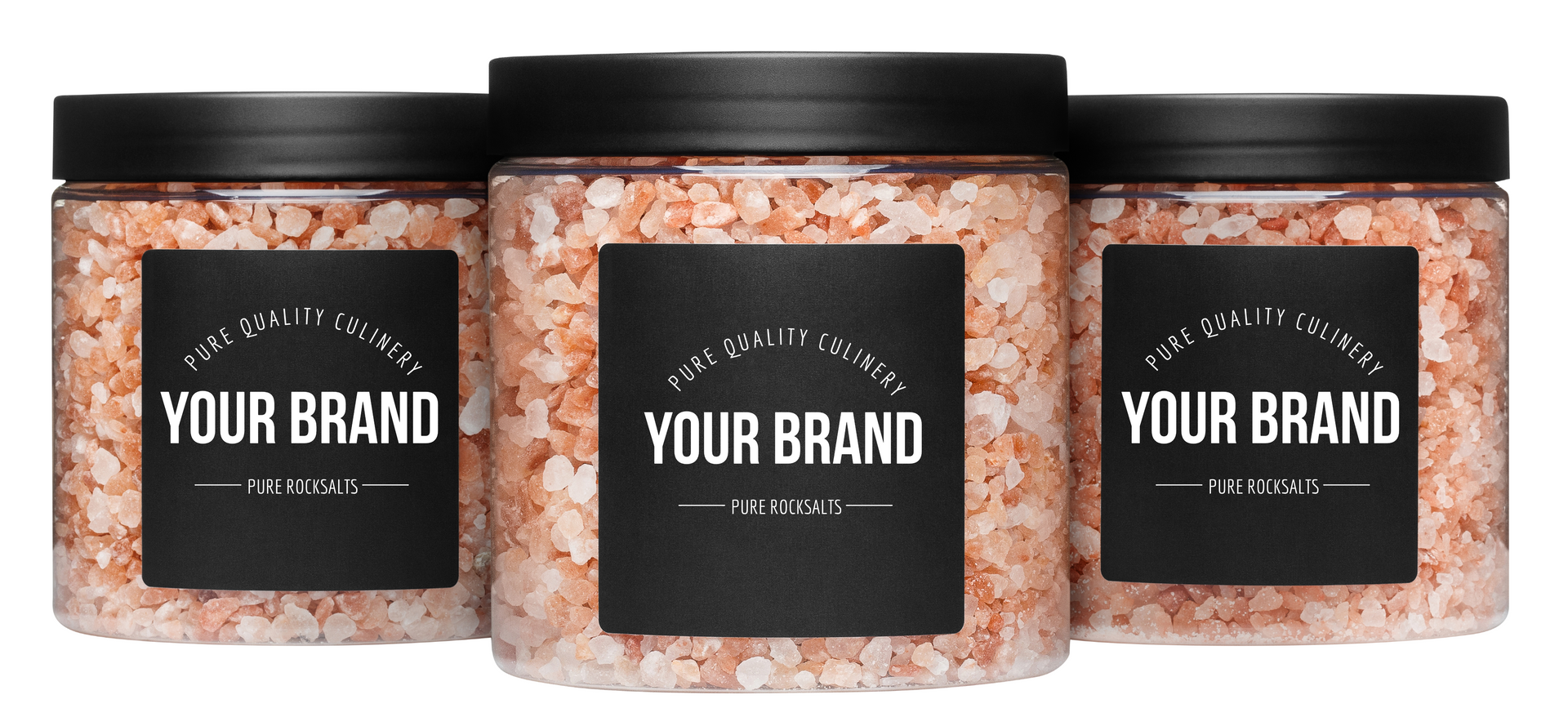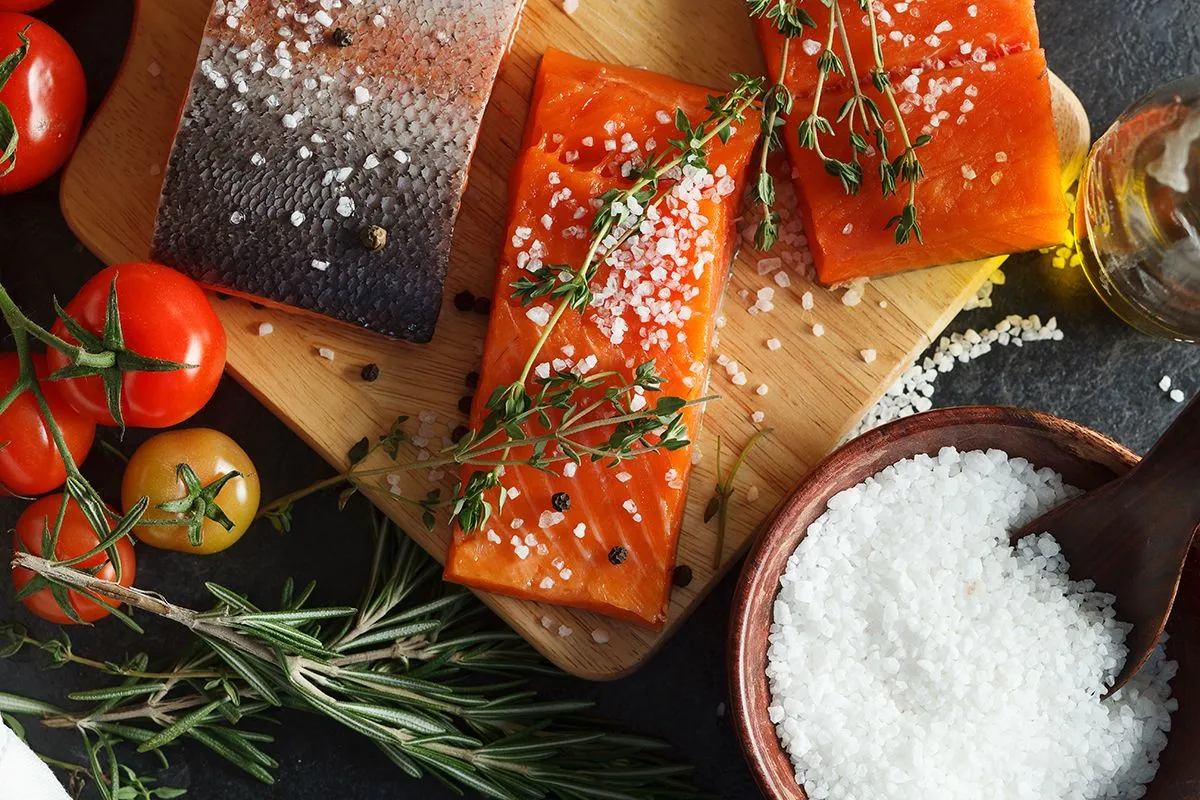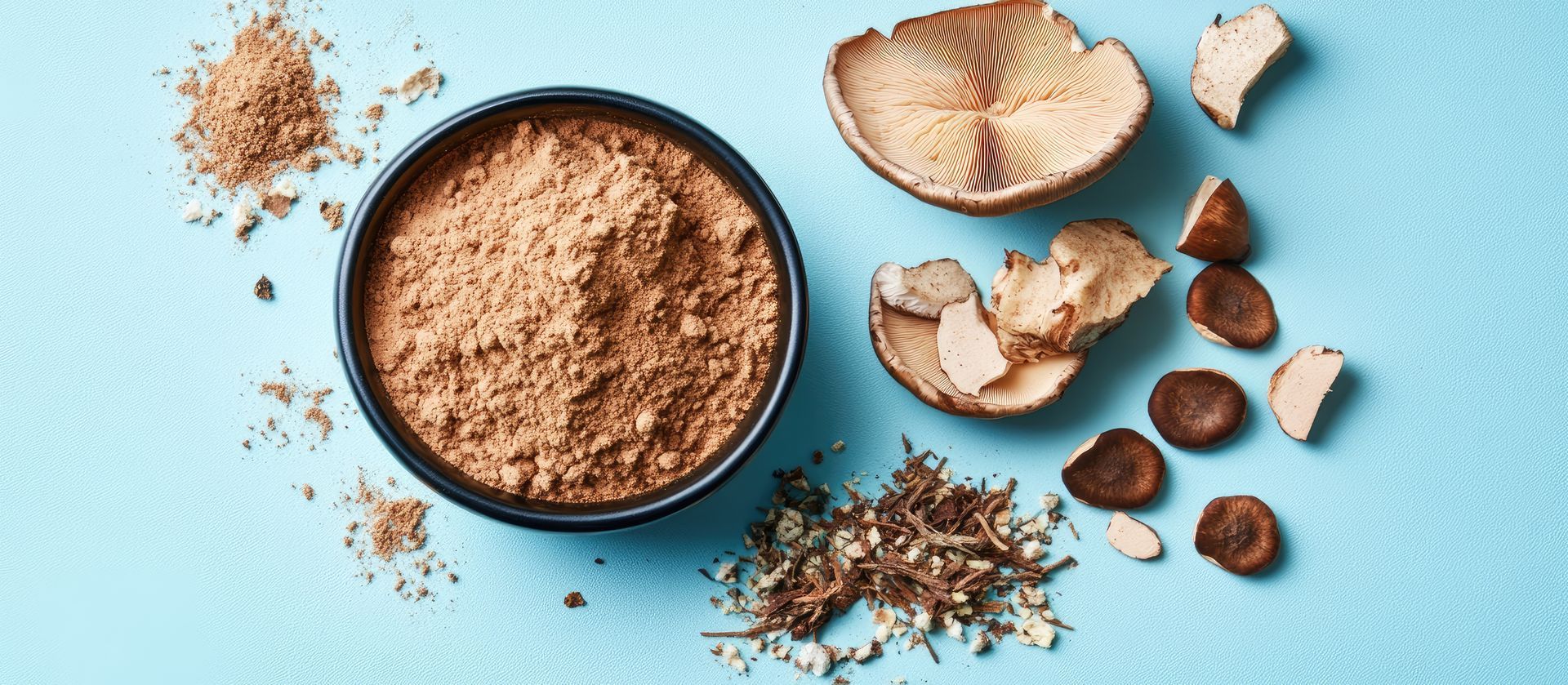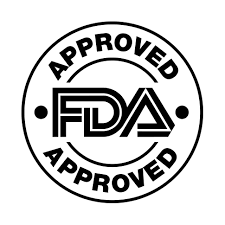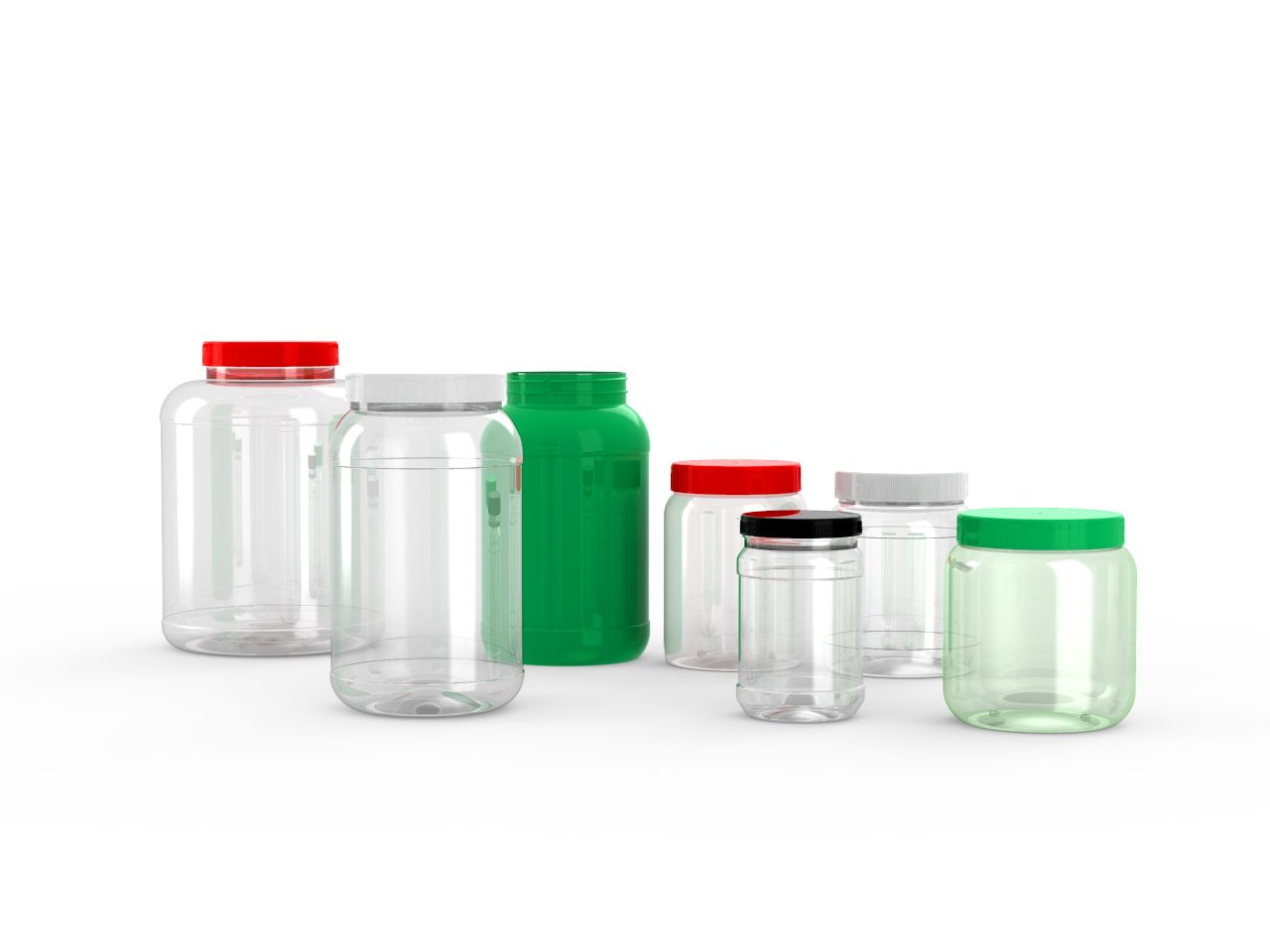Exploring Different Types of Nut Butters-Top Nut Butter Brands and Packaging Choices
Nuts About Nut Butters?
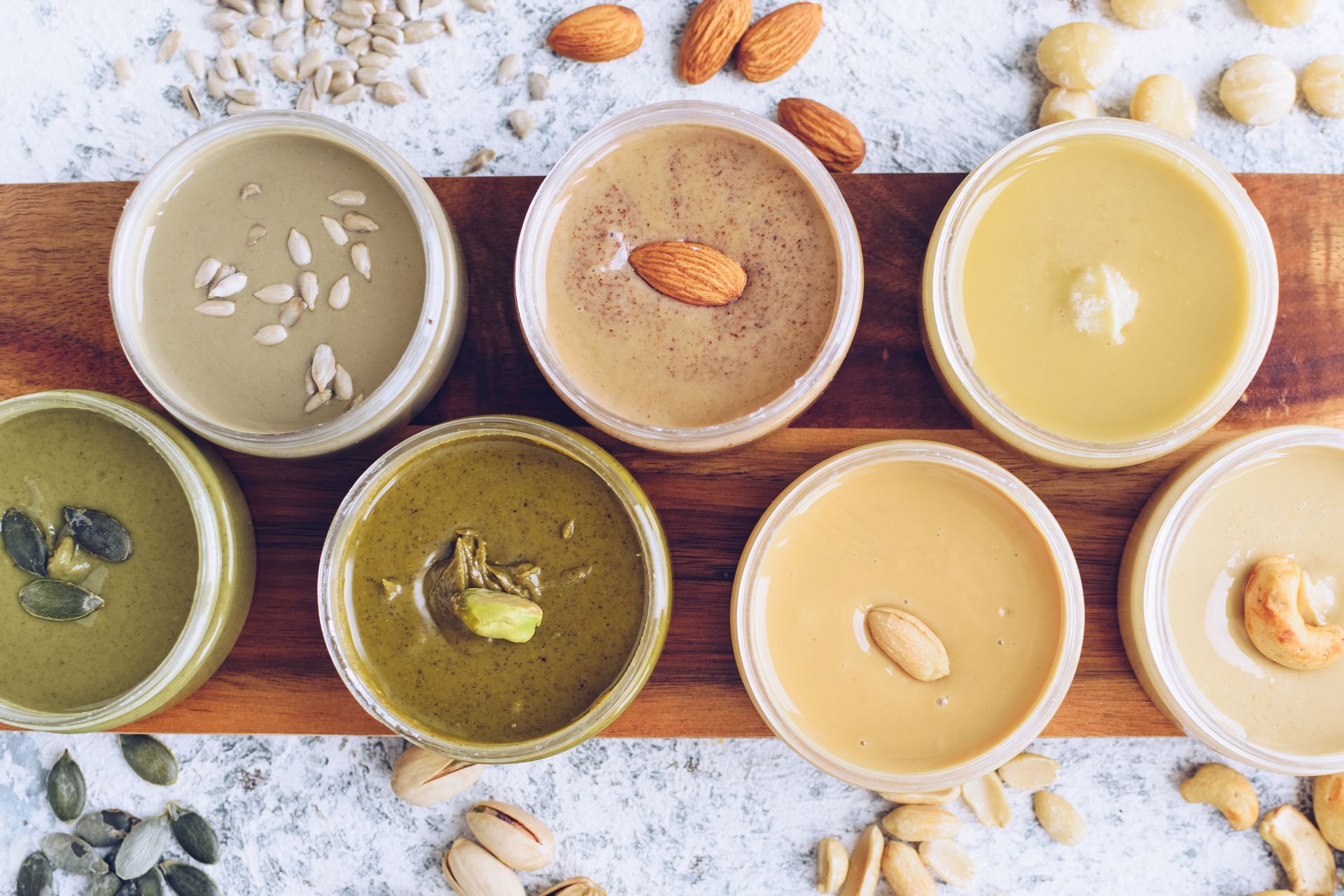
Nut butters have become a pantry staple for many, offering a variety of flavors and nutritional benefits. From classic peanut butter to more exotic options like almond or cashew butter, each has a unique taste profile and appeal. Here’s a look at some popular types of nut butters, the top brands that produce them, and the packaging choices they’re making to align with their brand values and sustainability efforts.
Peanut Butter
Peanut butter remains the most popular nut butter, packed with protein and healthy fats. Brands like Skippy and Jif dominate the North American market. Now US owned brand Sun.Pat that was originally founded in 1946 by H S Whiteside, a family run firm, from their factory in Parkhouse Street, Camberwell, London still dominates the UK and some european markets also. Primarily most large brands now use plastic jars for their affordability and lightweight nature. These brands cater to families and large-scale production, and plastic provides durability during transport. Some brands like Smucker’s Natural peanut butter opt for a mix of using glass jars, and plastic packaging. No matter if your a crunchy or smooth type peanut butter purveyor, there are so many brands and packaging options to choose from.
Almond Butter
Almond butter has gained popularity due to its rich flavor and nutrient-dense profile. Leading brands like Barney Butter and Justin’s offer almond butter in both plastic and squeeze packs for convenience and portability. Squeeze packs are great for on-the-go snacking but raise concerns about single-use plastic, which is why brands using recycled virgin plastic- rPET can meet their sustainability goals and have appeal with environmentally conscious consumers . MaraNatha - another top brand, used glass jars but have recently also made the move into using plastic jars for its almond butter, perhaps like other natural product brands doing a balancing act into appealing to eco-conscious consumers who may not be aware of science backed research into using recycled plastic versus glass.
Cashew Butter
Cashew butter offers a creamy texture and a subtle sweetness, making it a versatile option for spreads and recipes. Artisana Organics, has become a leader in organic nut butters, with their commitment to organic, non-GMO ingredients, products are normally packaged in glass jars. Trader Joe’s butters come in plastic jars, which keep the product affordable for a broader market while maintaining product integrity. Some popular cashew butter brands in Europe are currently Biona Organic, and BWFO.
Mixed Nut Butter
For those who enjoy a combination of flavors, mixed nut butters are a fantastic option. NuttZo, a brand known for its multi-nut and seed butters, uses BPA-free plastic jars, focusing on health-conscious consumers who value both nutrition and packaging safety. Their use of BPA-free materials ensures their product is free from harmful chemicals, while still being lightweight and easy to store. (PET & rPET plastic packaging is BPA free)
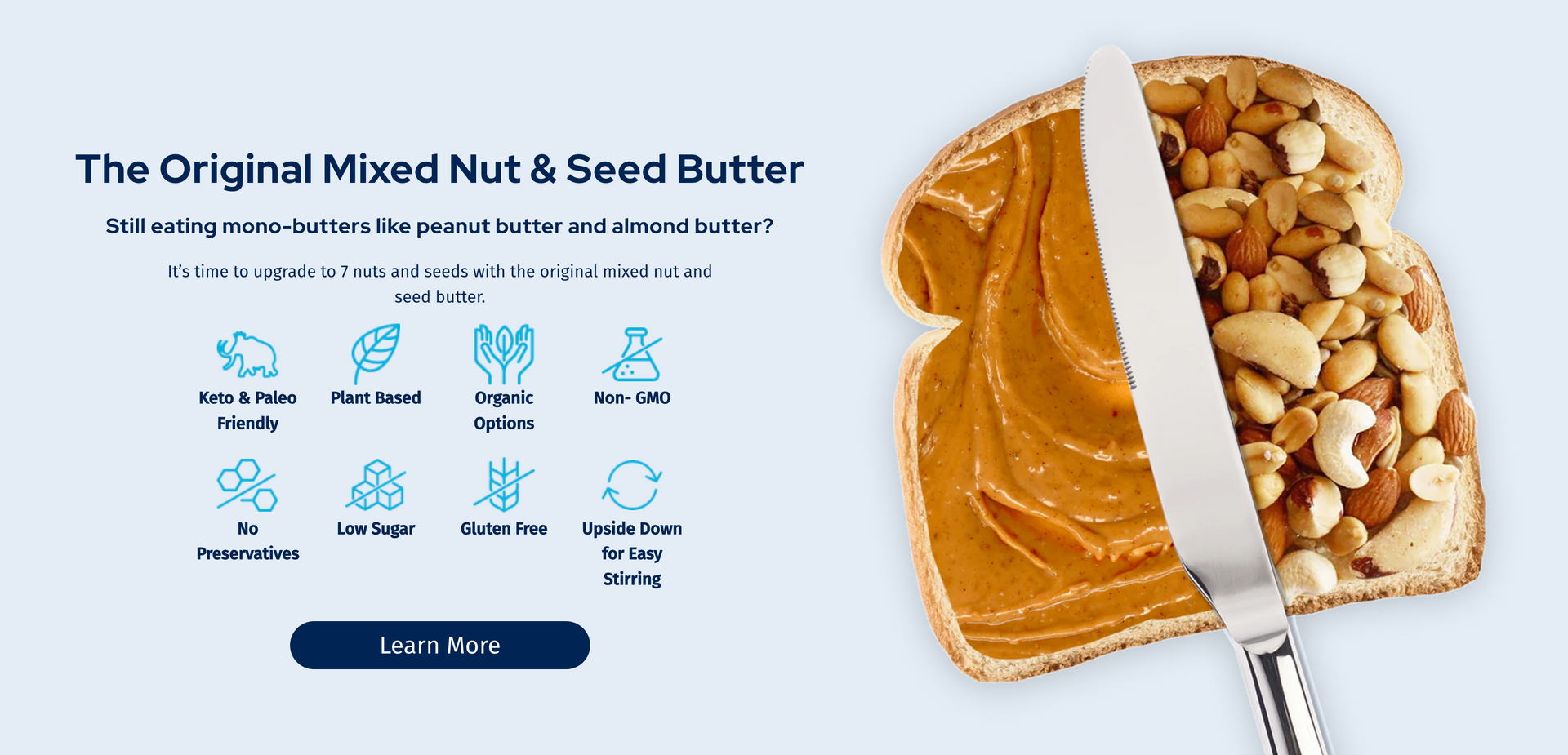
Source; Screenshot of NuttZo.com website
Hazelnut Butter
While often associated with sweet spreads, hazelnut butter can be a delicious and nutritious option on its own. Nutella, the global giant in hazelnut spreads, uses plastic and glass containers to distribute their product. Some smaller brands like Georgia Grinders have become very popular with consumers, they are using glass jars which is often more common with smaller brands and small batch production.
Nut Butter 🥜Packaging Trends & Sustainability 🌱
rPET (recycled polyethylene terephthalate) plastic packaging is often considered more sustainable than glass for nut butters for several key reasons:
Lightweight and Lower Carbon Footprint
rPET is significantly lighter than glass, which reduces transportation emissions. Shipping lighter materials means less fuel consumption, lowering the carbon footprint of distribution, packaging and shipping in plastic also decreases damages and breakages to the product.
Energy Efficiency
The production of rPET requires less energy compared to manufacturing new plastic or glass. It also extends the life cycle of plastic, reducing the need for raw petroleum-based materials.
Recycling and Circular Economy
rPET is made from recycled plastic, promoting a circular economy by repurposing materials that might otherwise end up in our oceans or landfills. Although glass is also recyclable, recycling of glass takes more energy and can be more hazardous to workers in this field. Its heavier in weight and fragility limits its practicality for large-scale transport.
Durability and Safety
rPET offers the durability of plastic, resisting breakage during transportation and storage, which is a key advantage over glass, especially for products shipped in bulk.
In short, rPET offers a balance of sustainability and functionality, making it a preferable choice for nut butter packaging in large-scale production and distribution scenarios.
Nut Butters - TLDR
Nut butters continue to evolve in terms of flavor, ingredients, and packaging. With the rise of eco-conscious consumers driving more companies toward sustainable packaging solutions, the future of nut butter packaging lies in balancing convenience with environmental responsibility, and offering consumers healthy products that align with their values. It's the job of manufacturers, buyers and marketers to learn and educate consumers on the true sustainability of packaged products they pick from the shelf or drop in their carts.
We've seen so many major brands pose the question in a poll on their websites when it come to nut butters, are you Crunchy or Smooth?
So we ask, are you for recycled plastic or glass for your nut butters?

